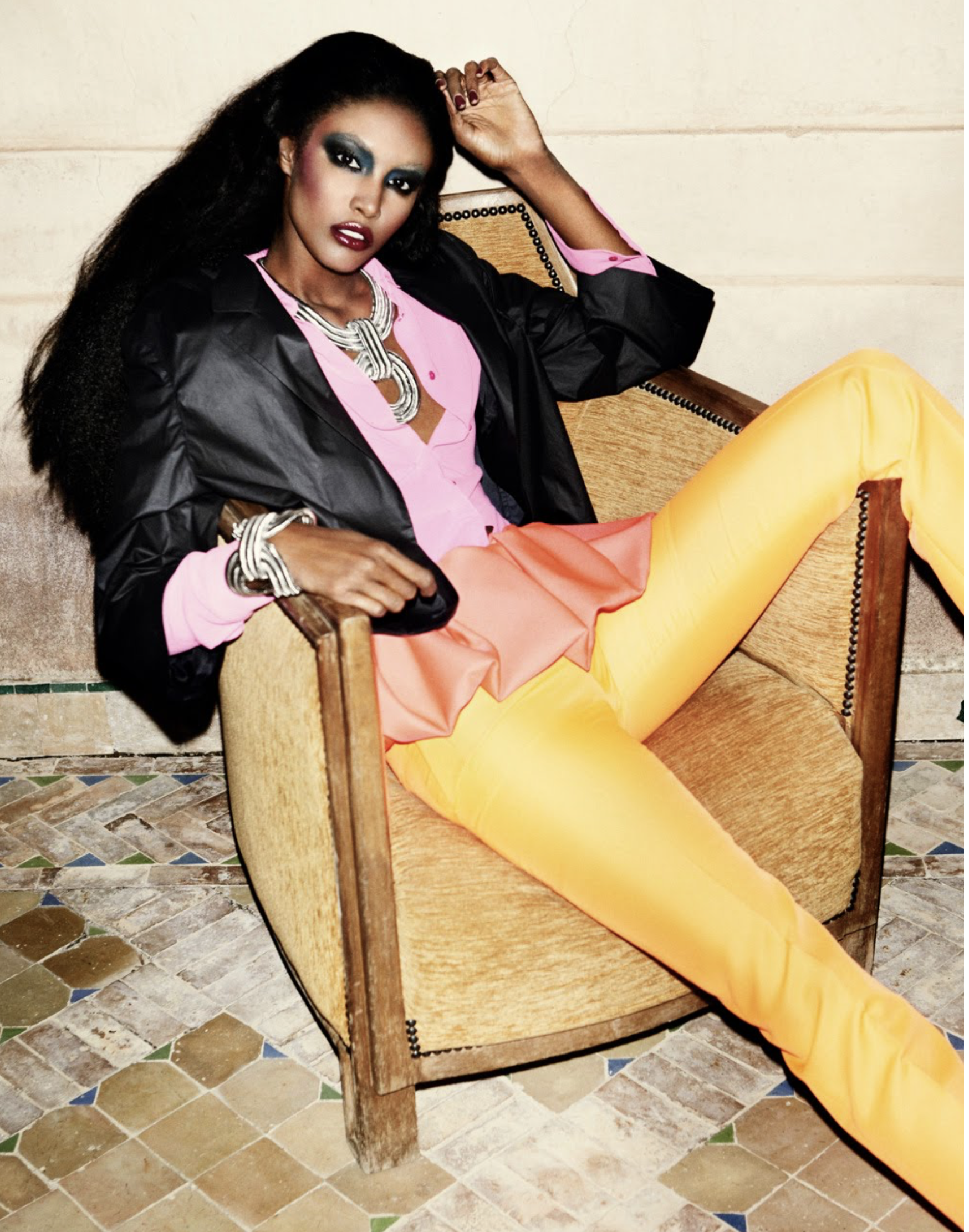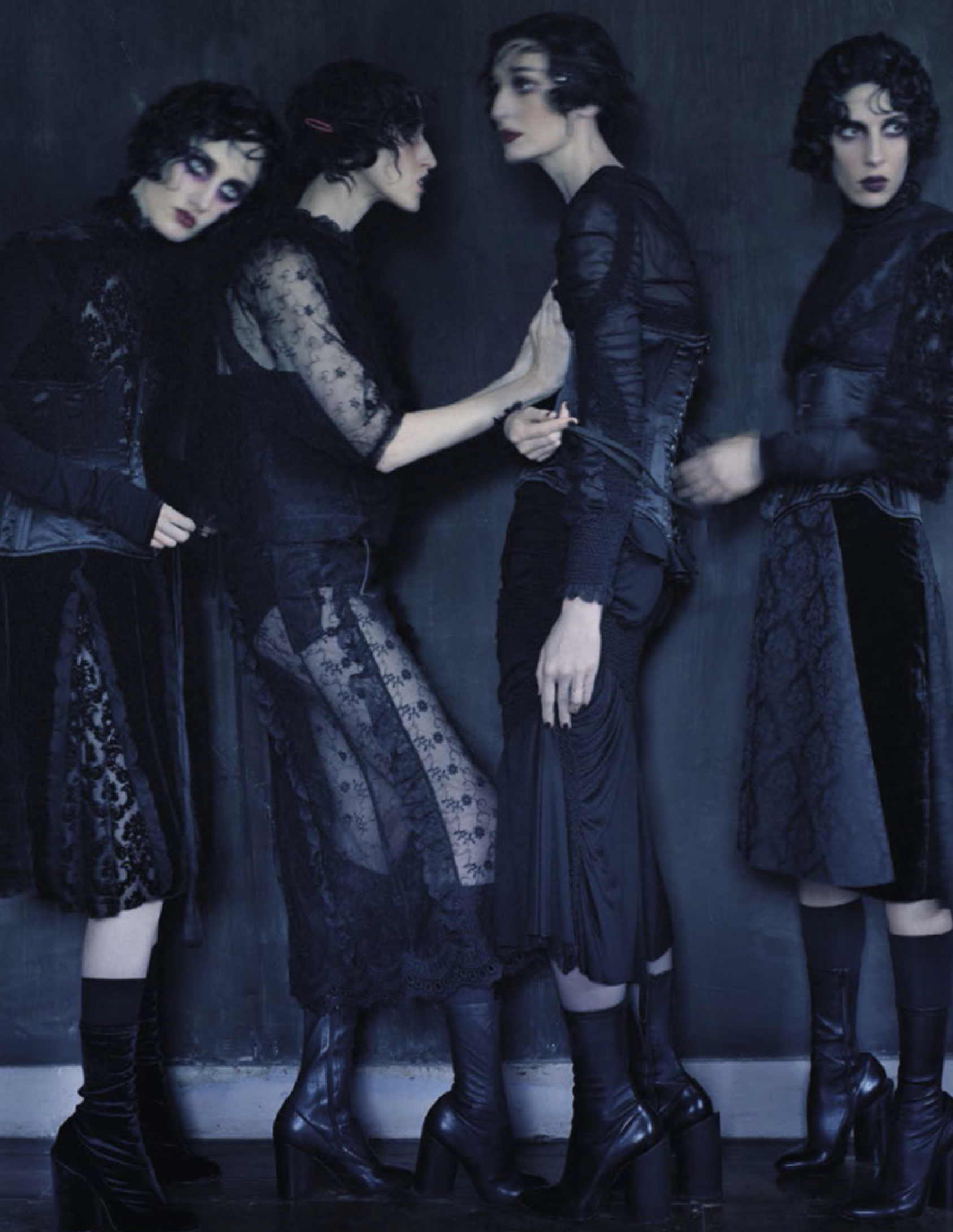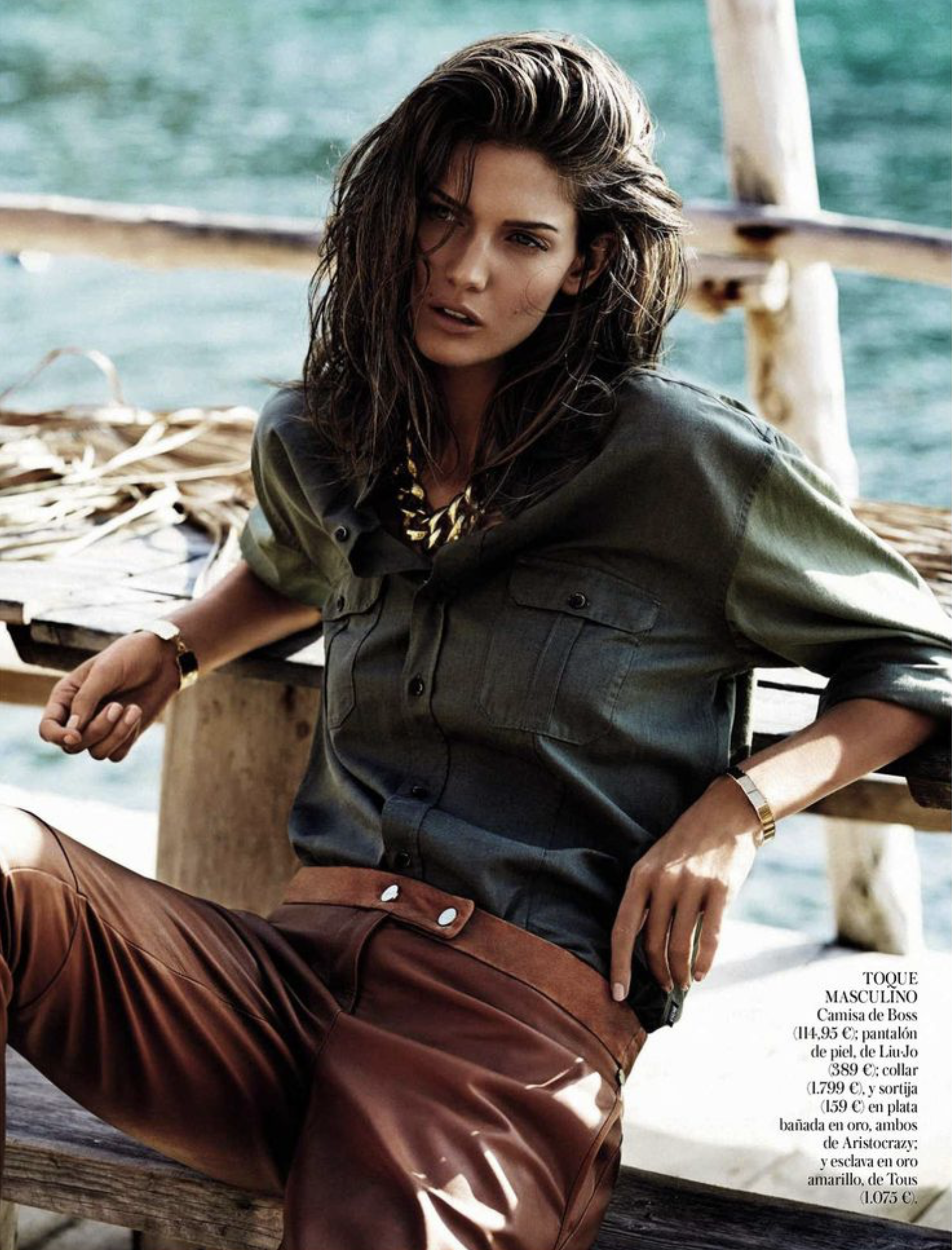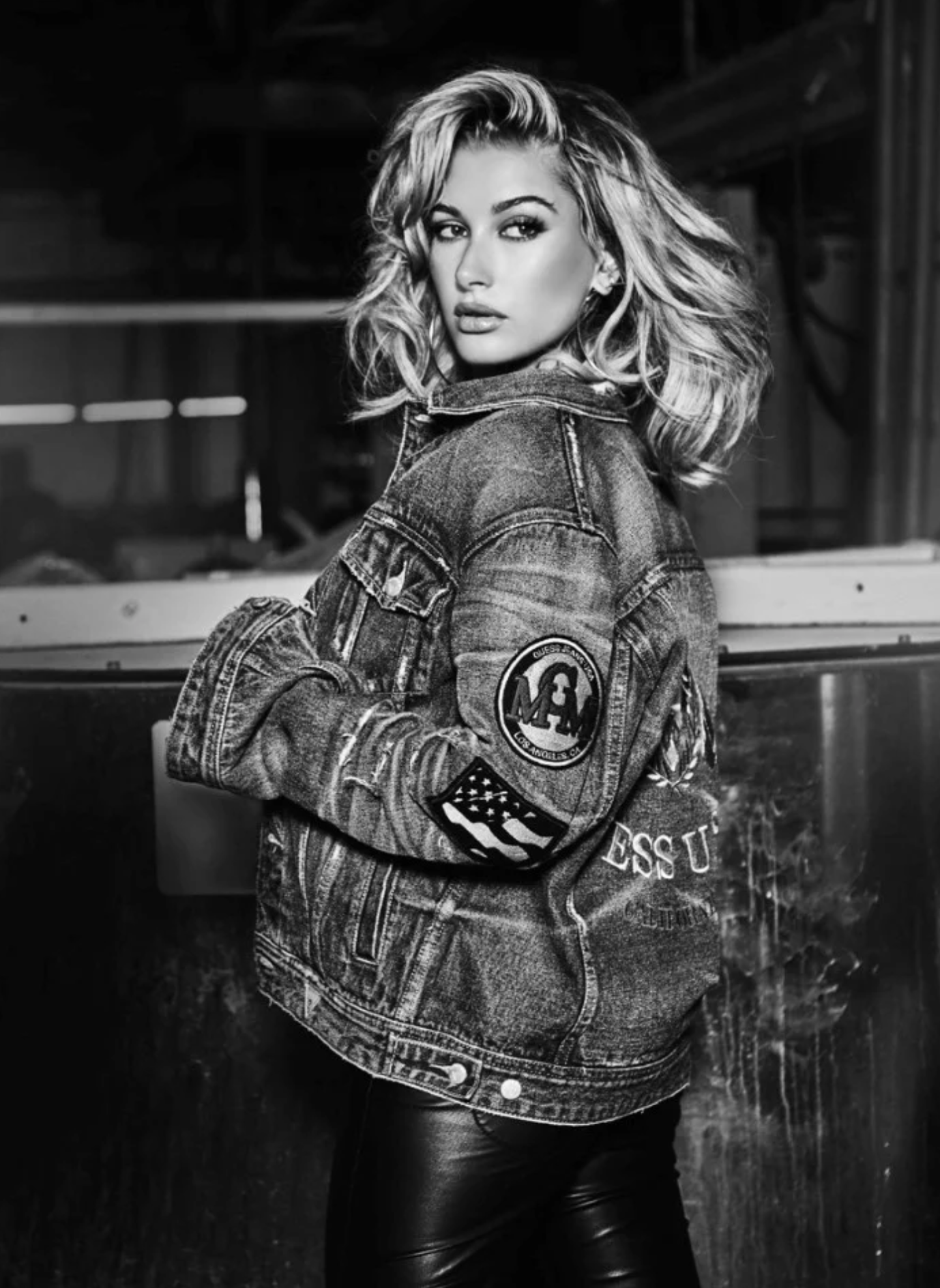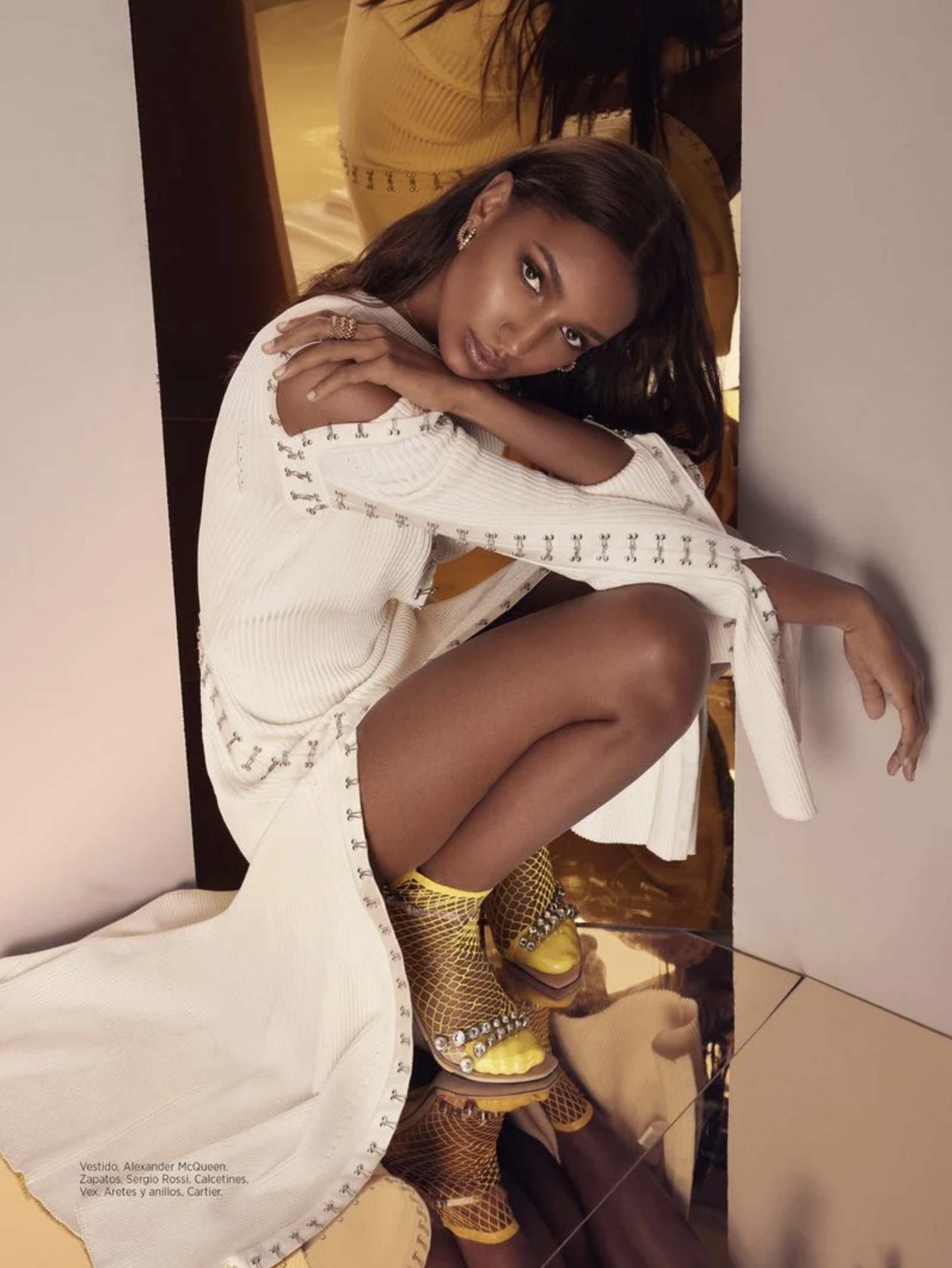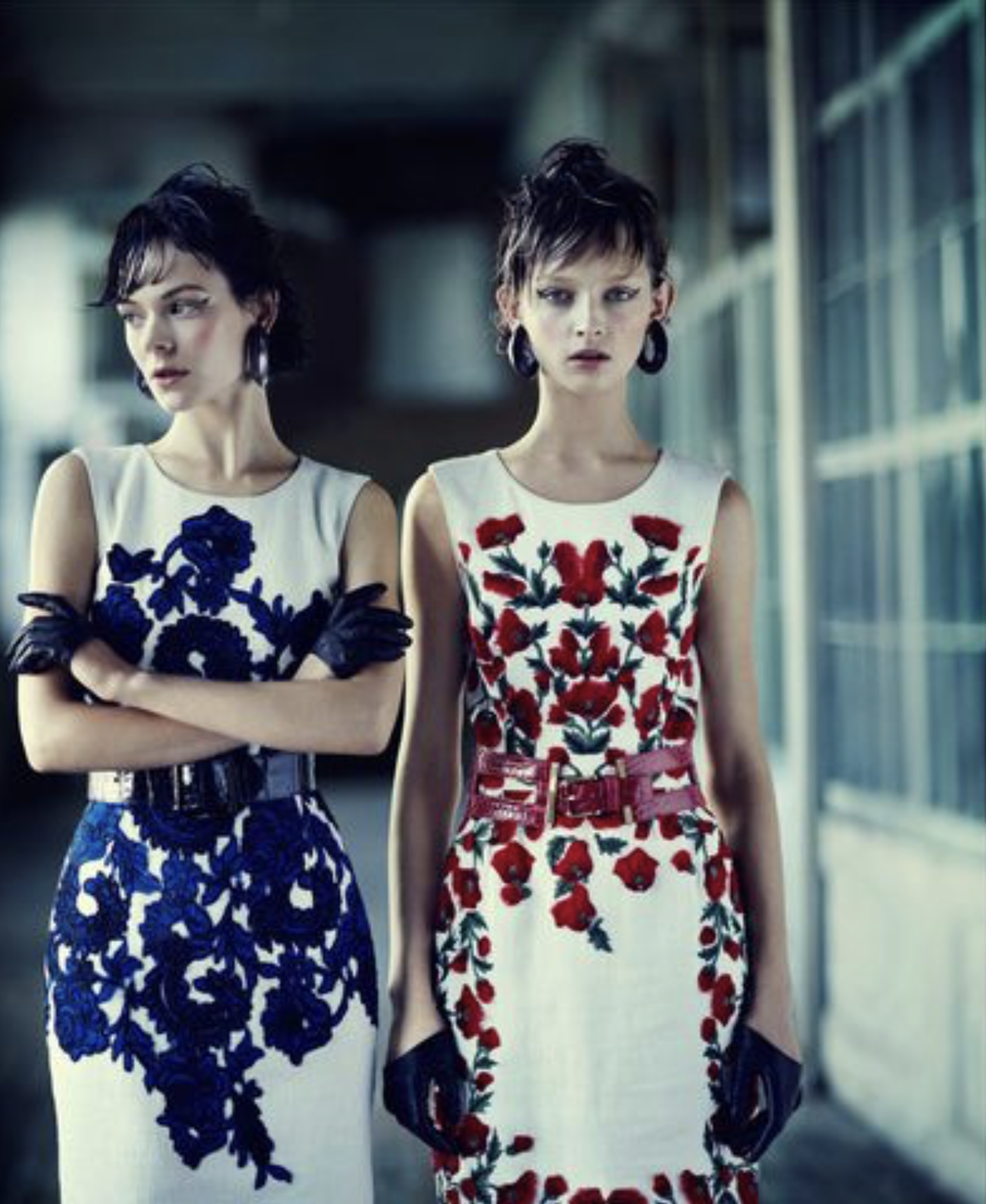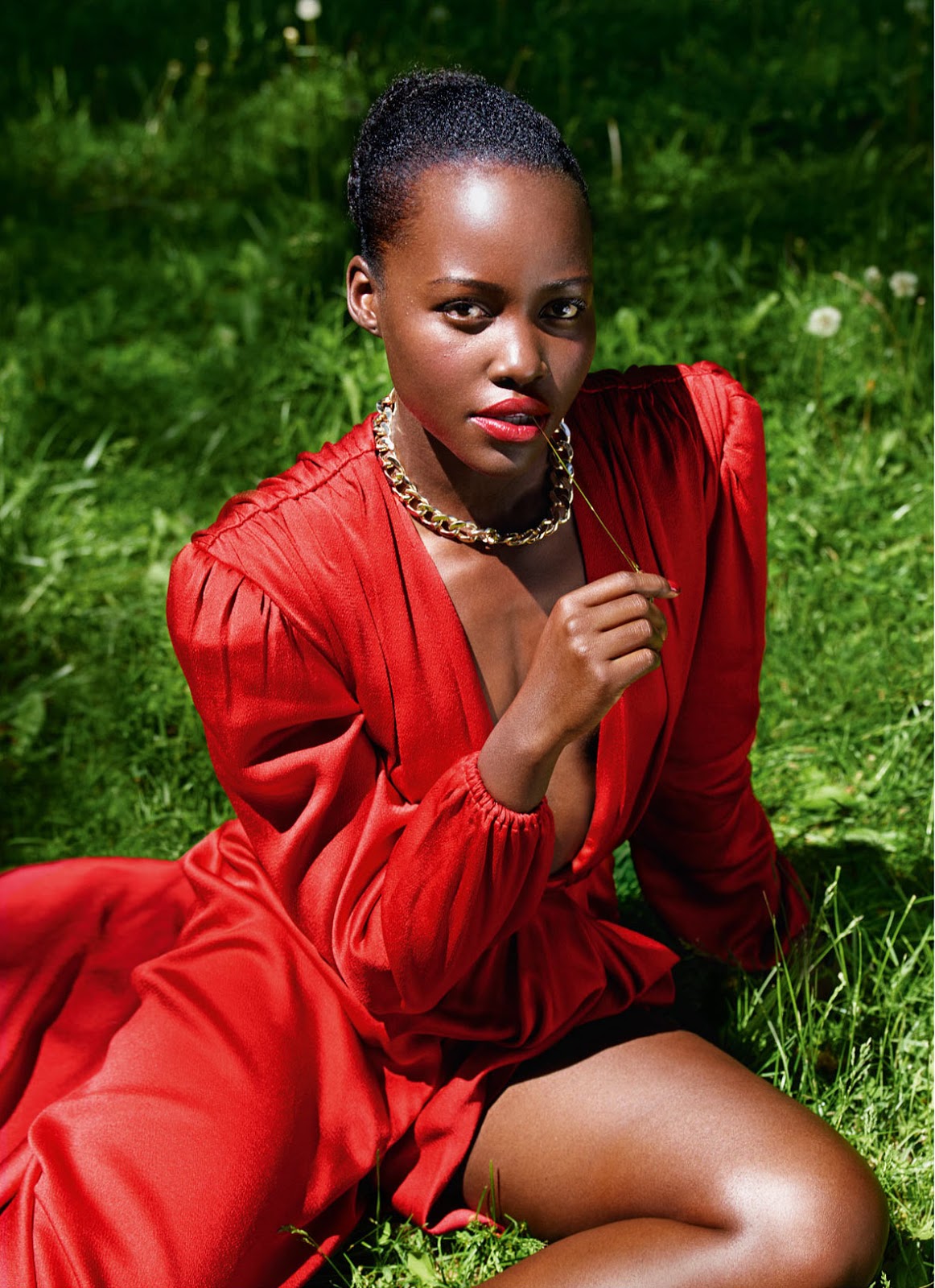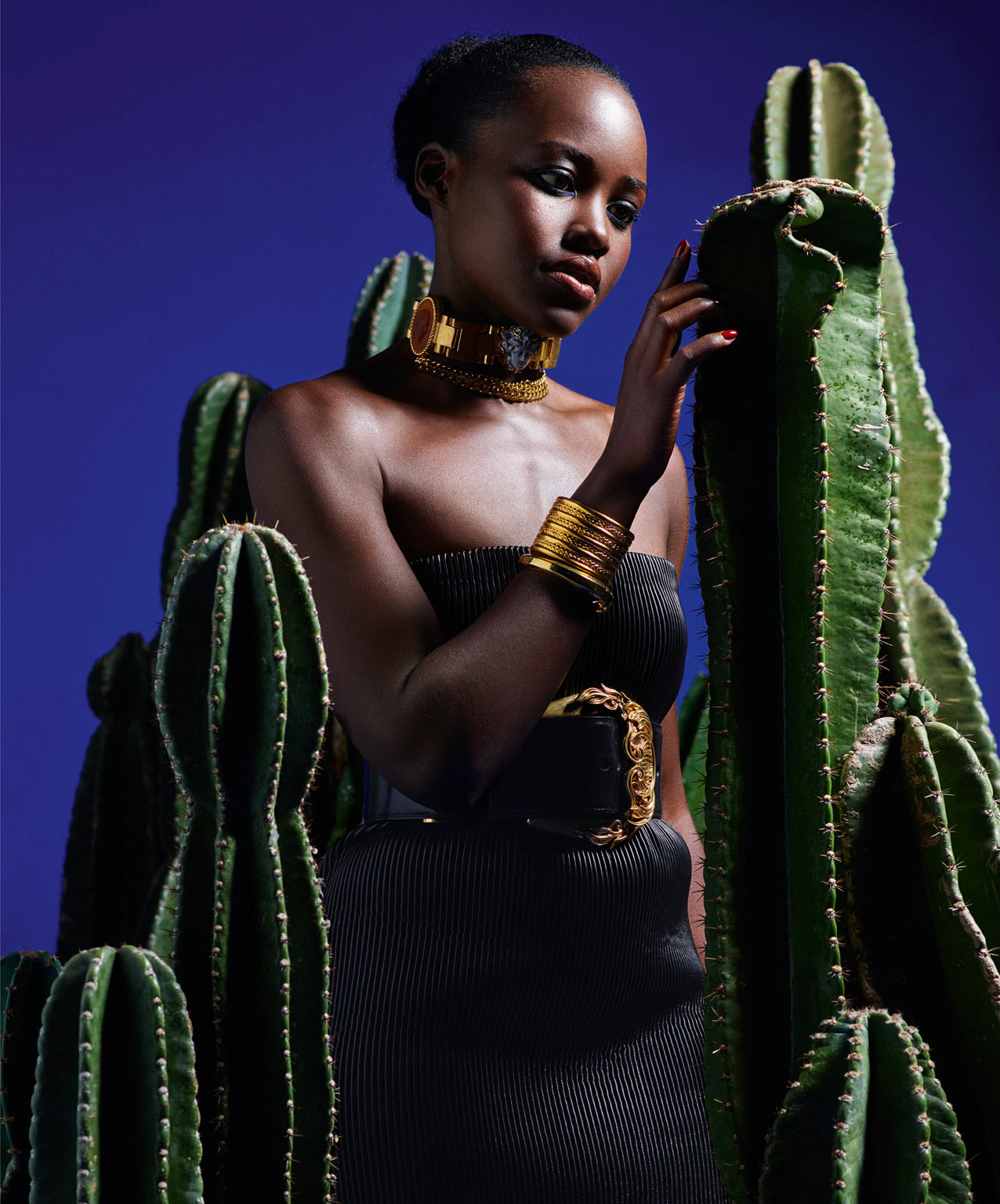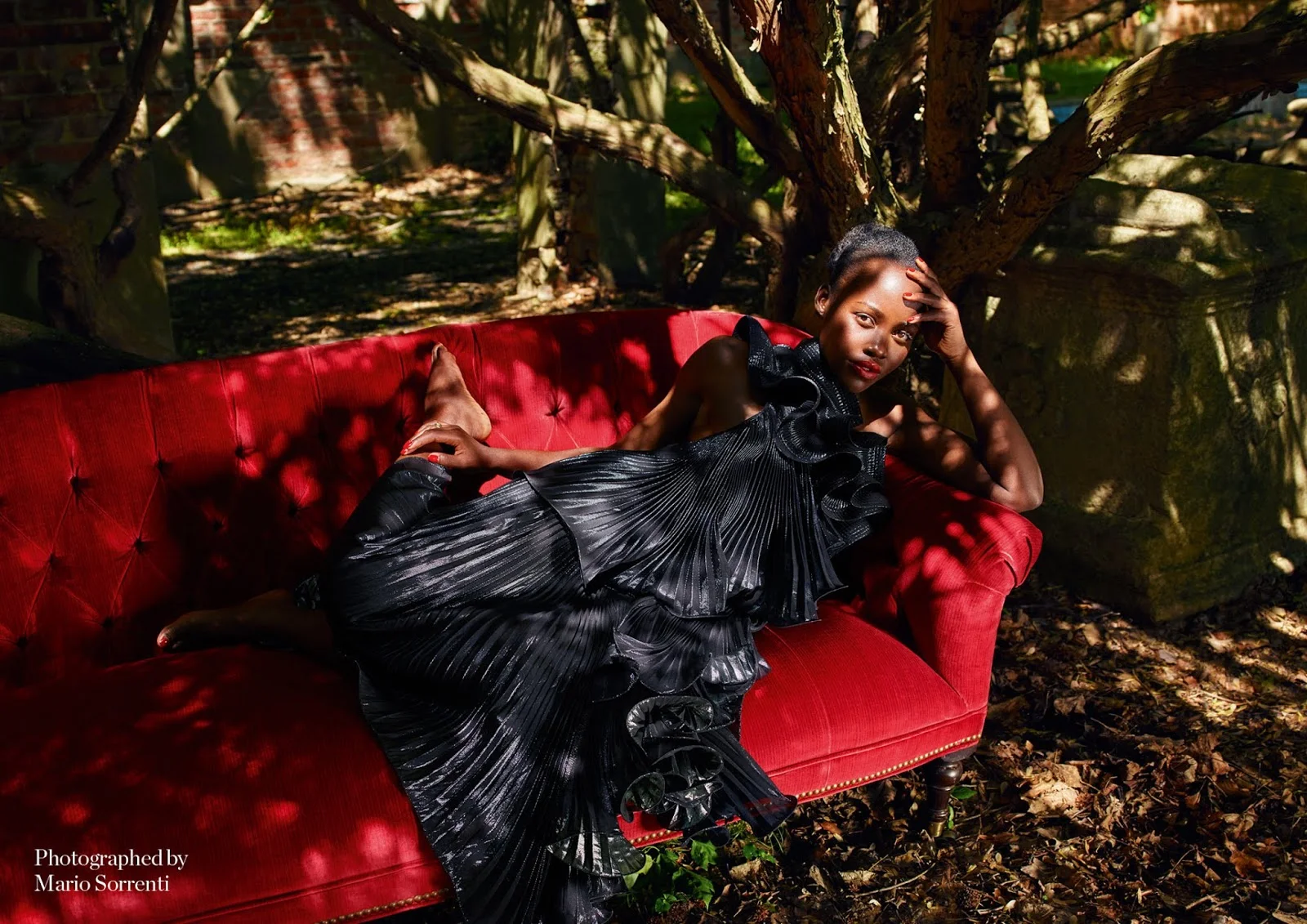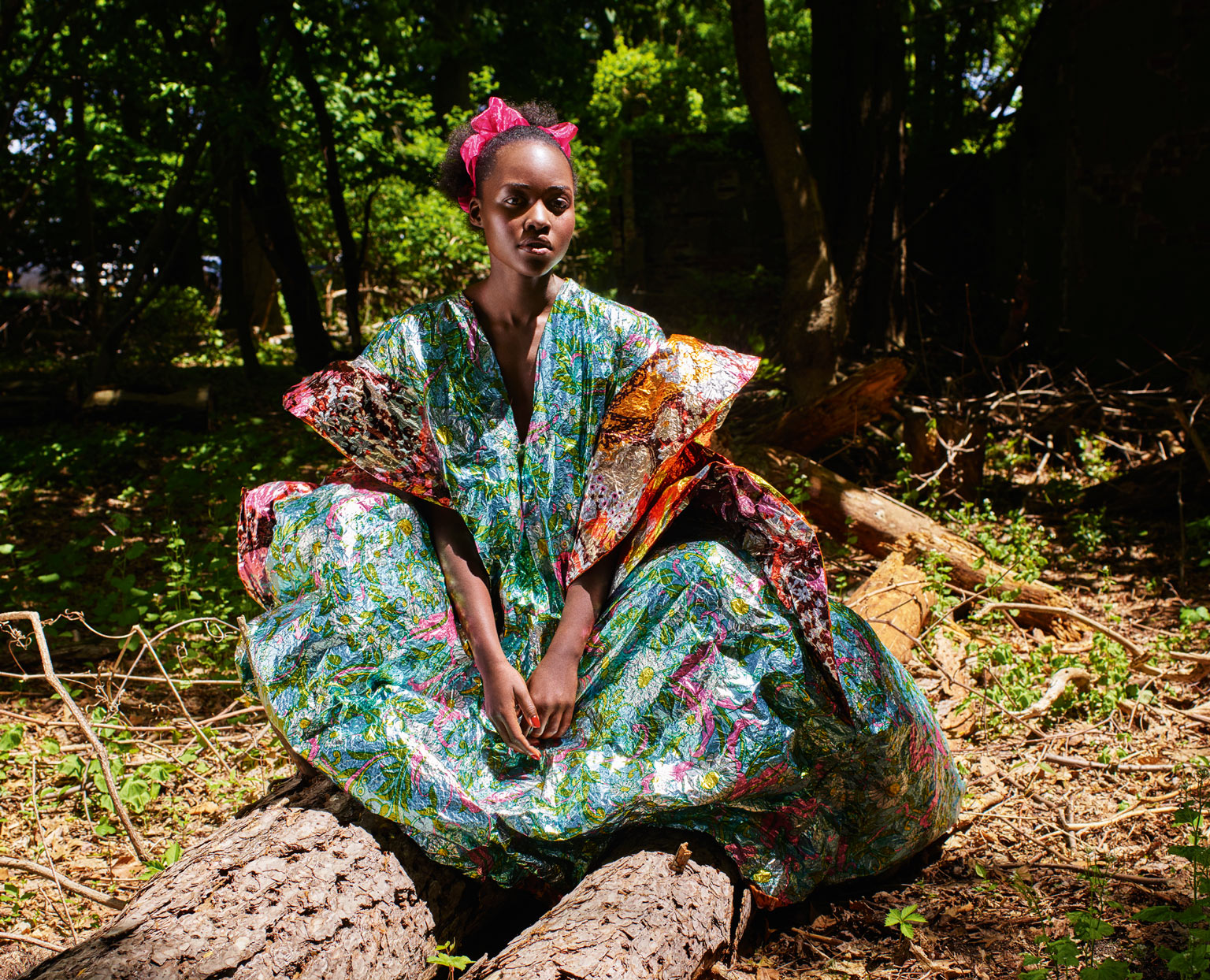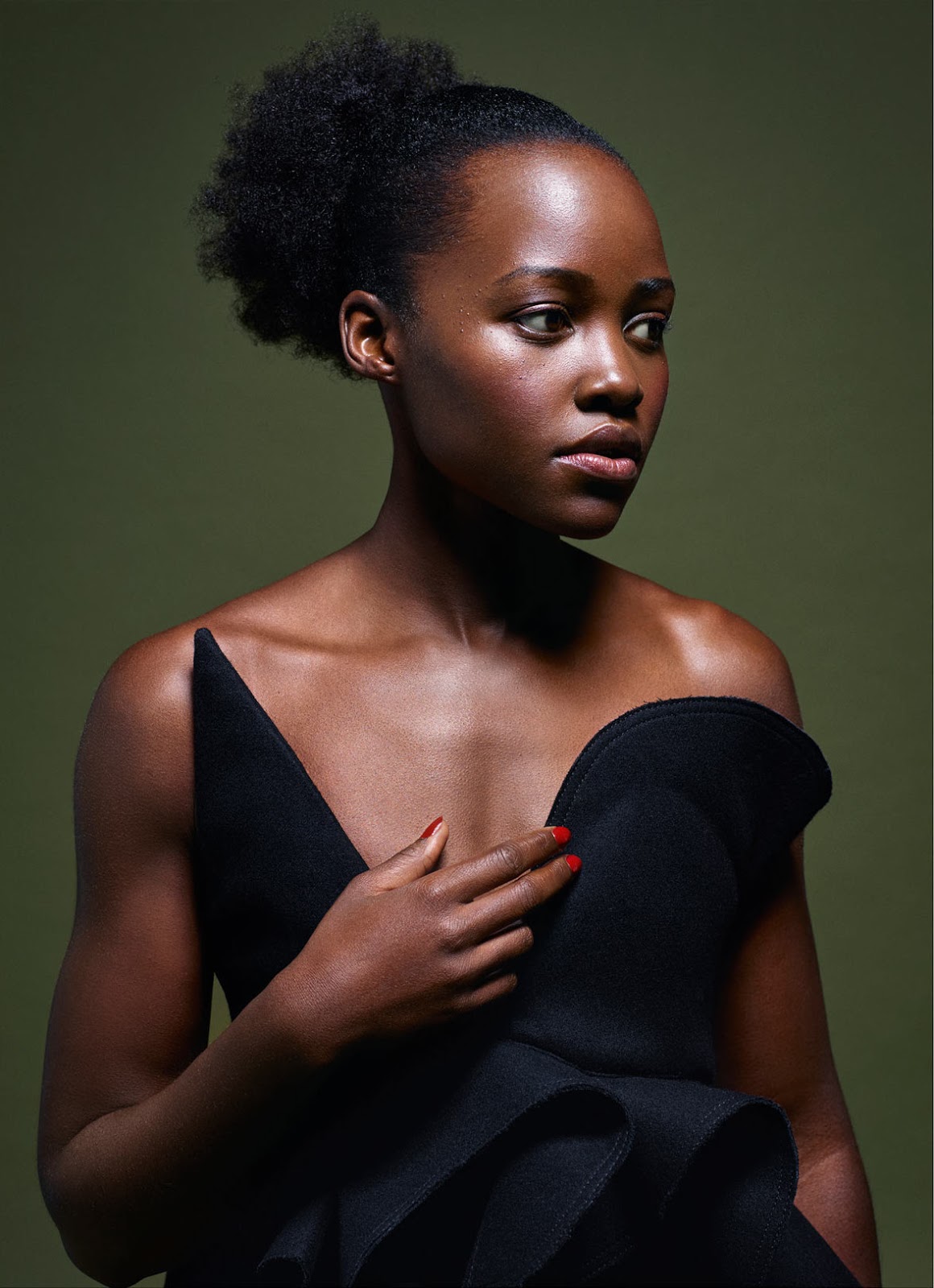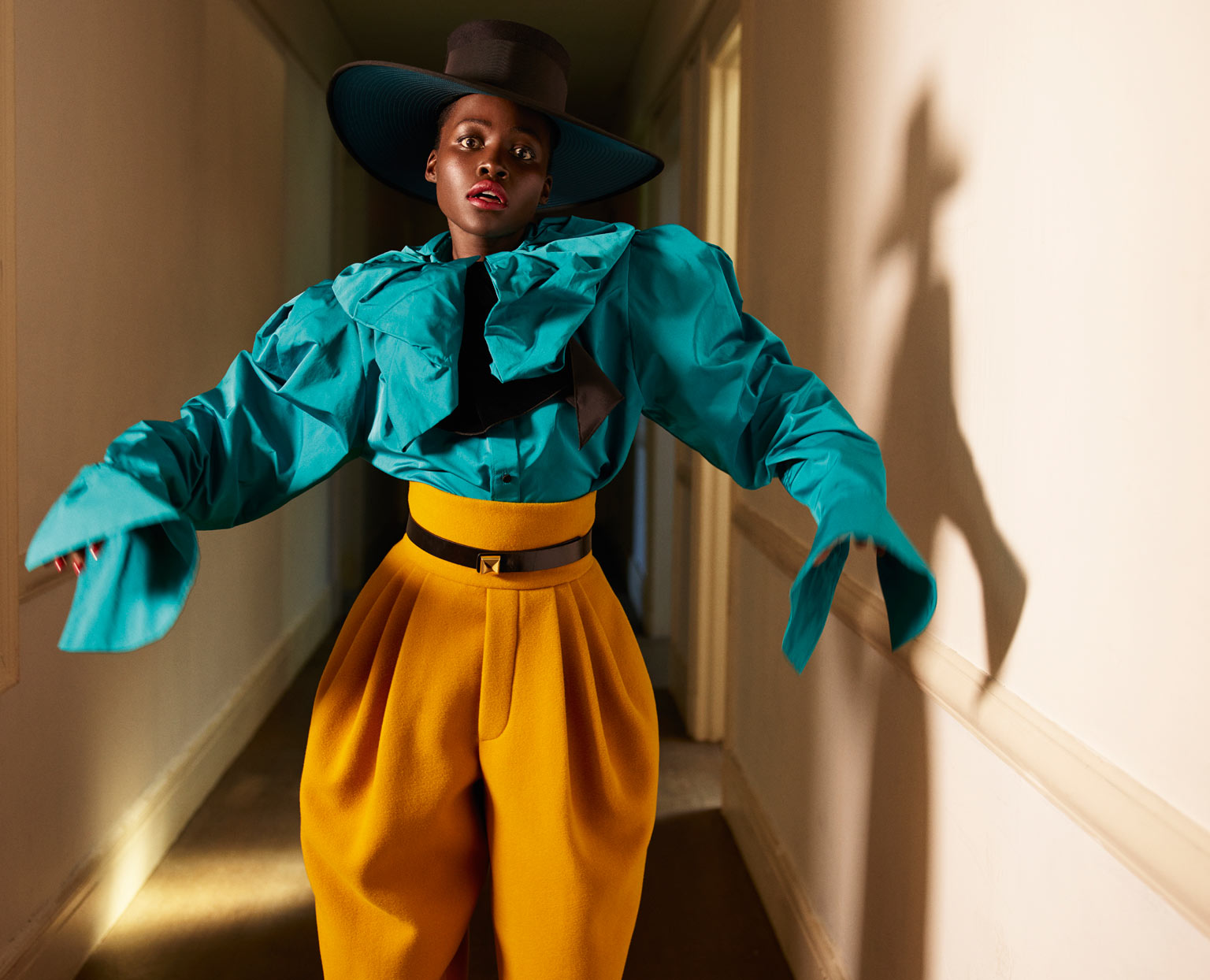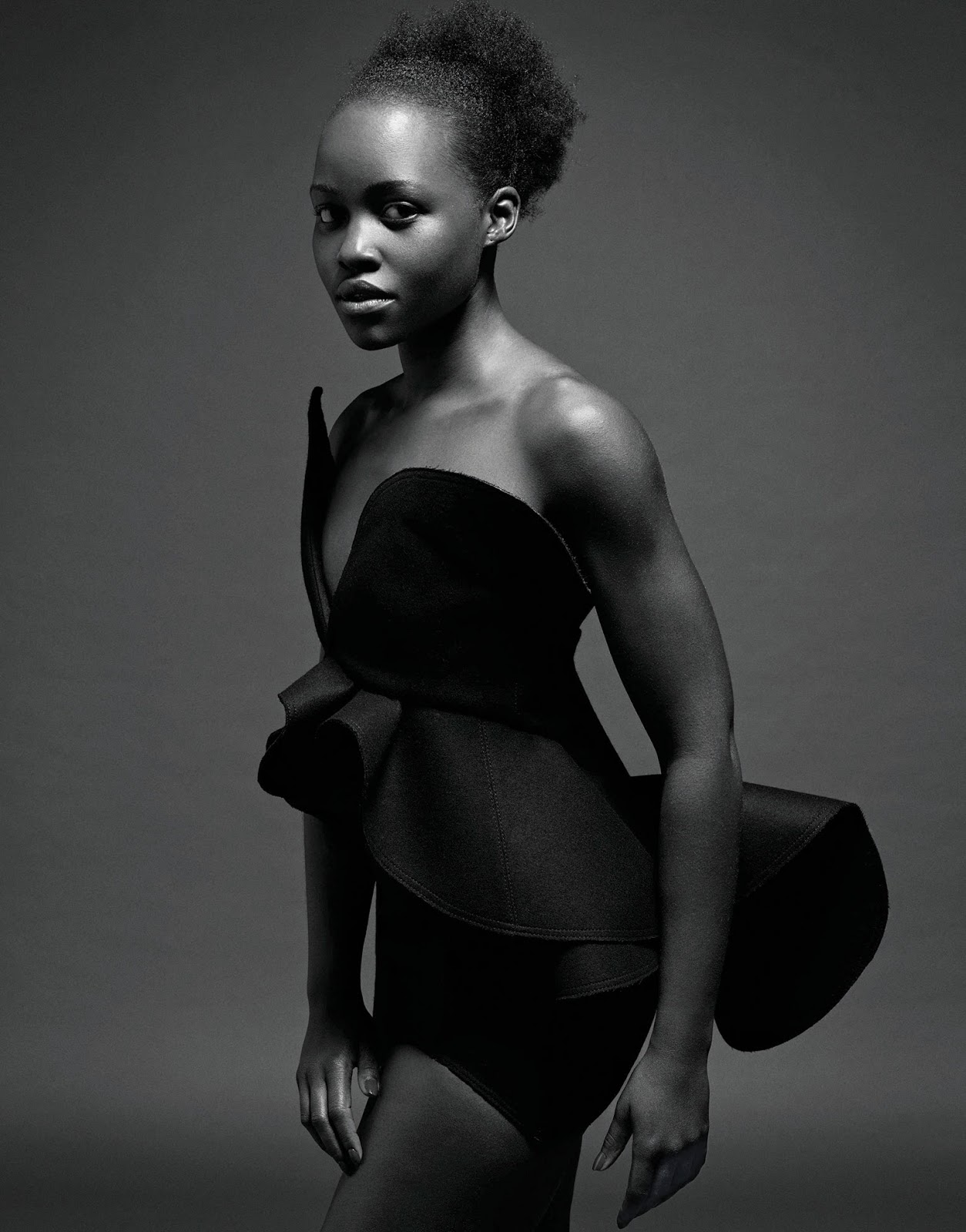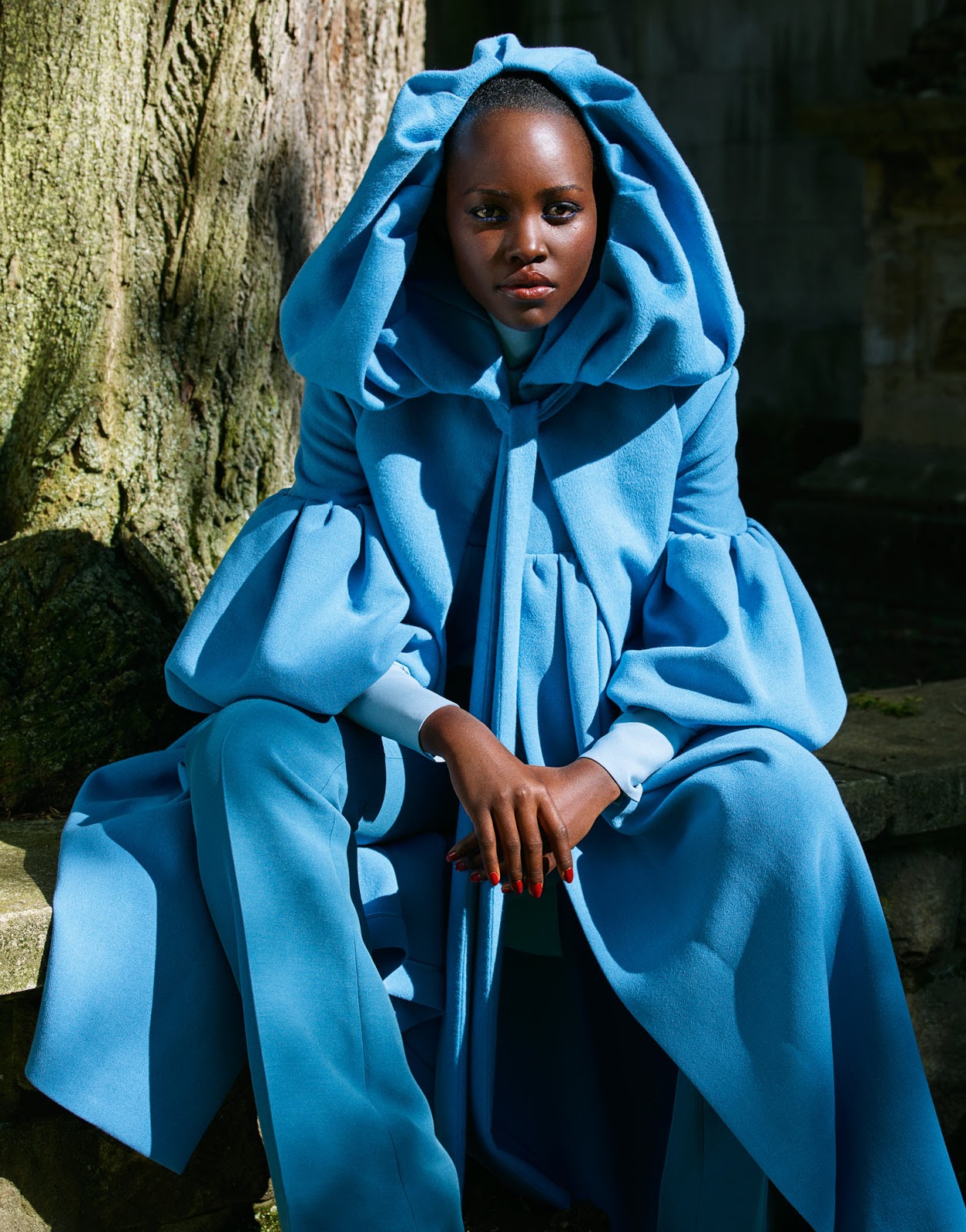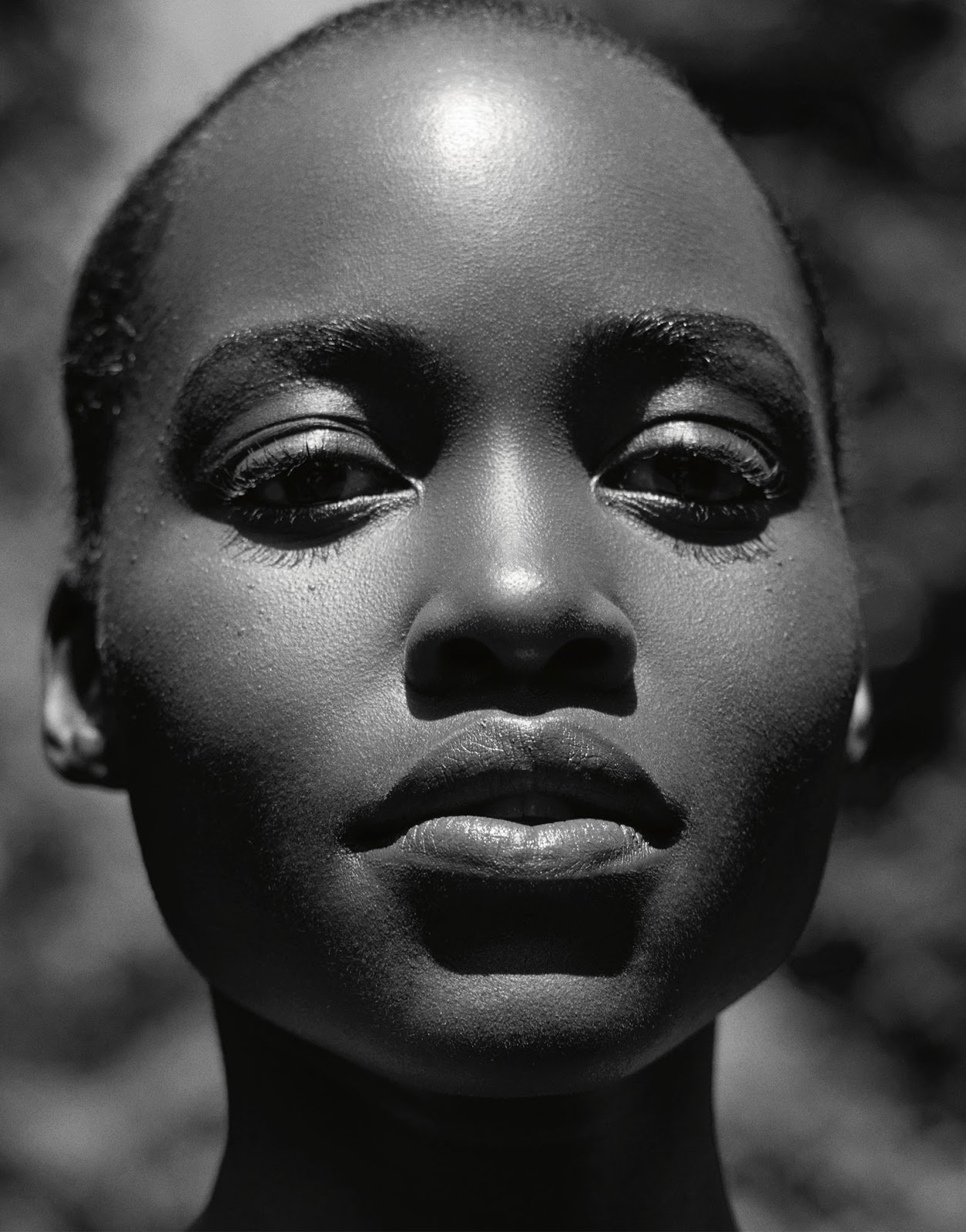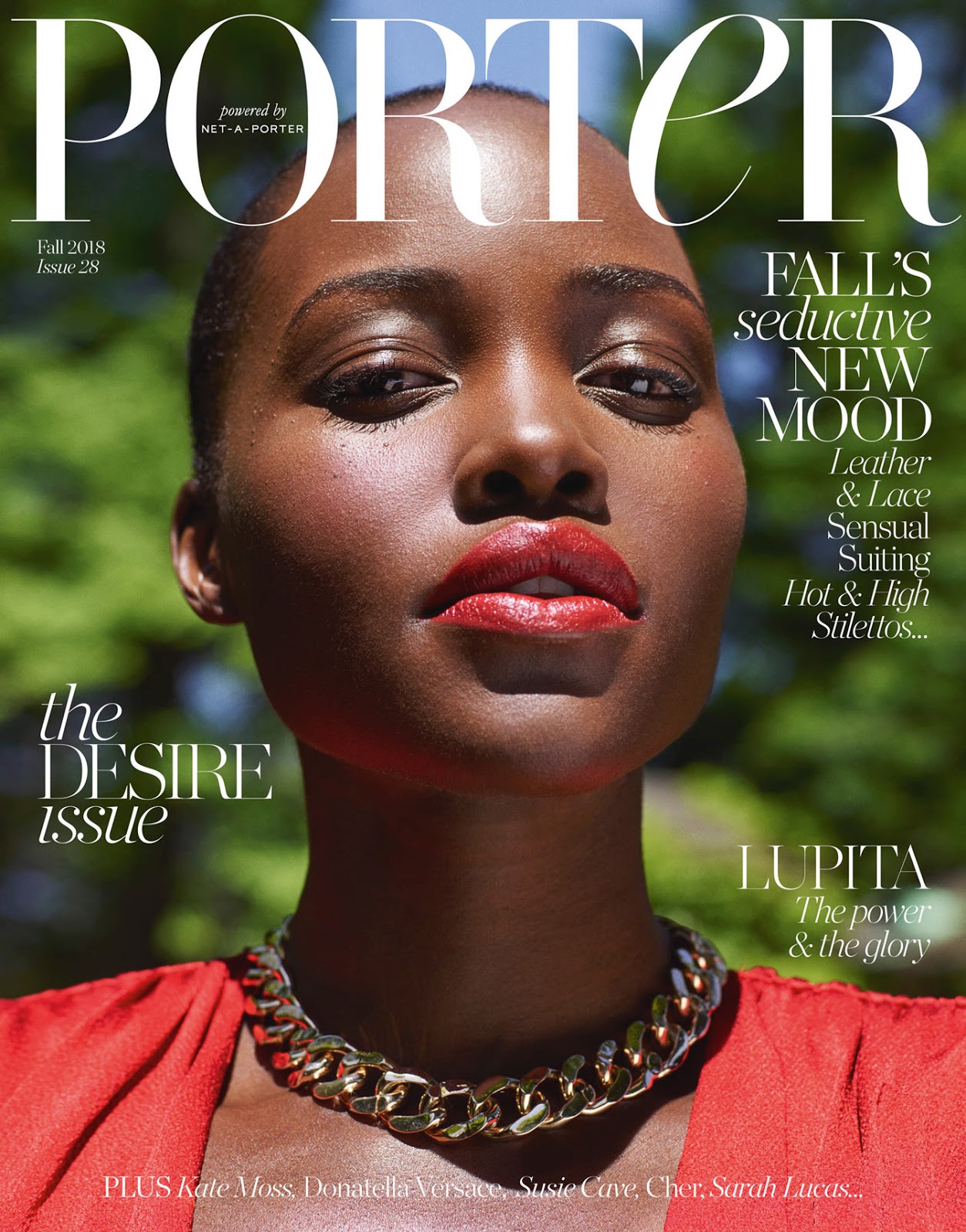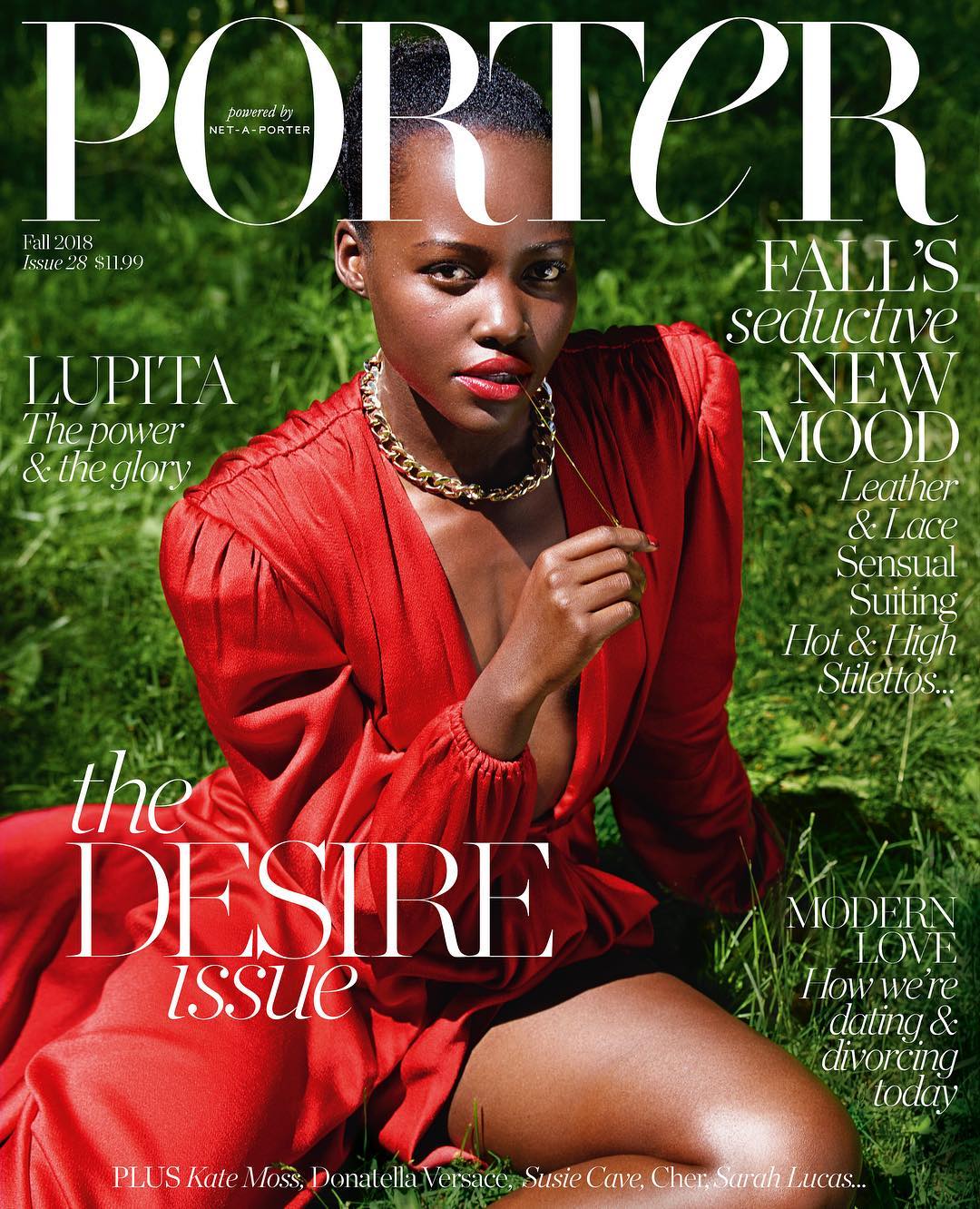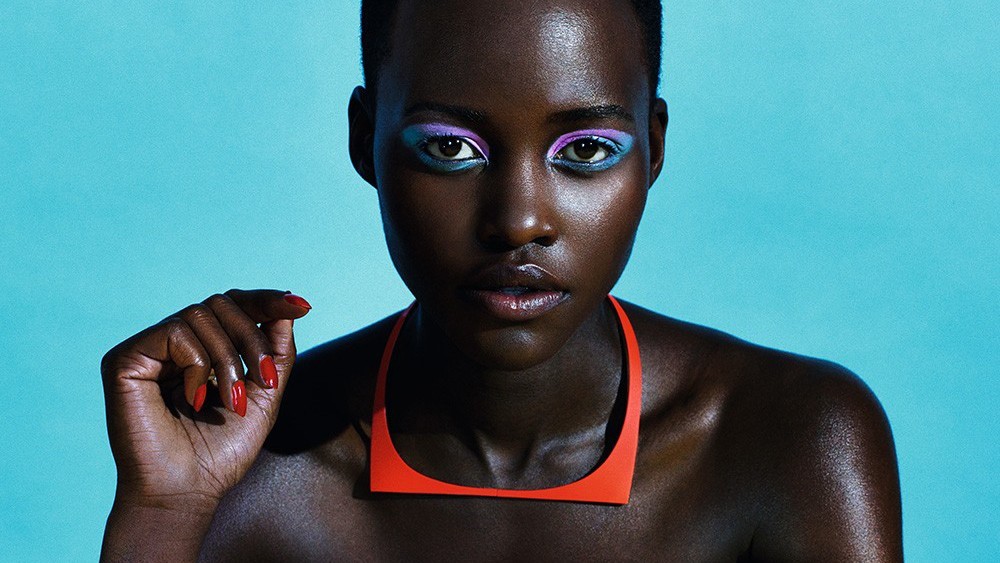Lupita Nyong'o Covers Porter Magazine #28 Fall 2018, Lensed By Mario Sorrenti
/Actor and WildAid ambassador for elephants and Africa, Lupita Nyong'o covers the Fall 2018 #28 issue of Porter Magazine. The 2014 Academy Award winner for Best Suporting Actress for her performance in '12 Years a Slave' is styled by Cathy Kasterine in 'L is for . . . ' lensed by Mario Sorrenti. / Hair by Vernon Francois; makep by Nick Barose
Carolyn Kormann conducts the interview with the admired and adored, trailblazing Kenyan star. Never a lightweight, Lupita reflects on why she became an actor (actress). "It’s empowering more than anything else,” says Nyong’o, “to meditate on others’ experiences.” This, she adds, is the reason she became an actress. “At times, I’ve had to remind myself why I love [acting]. It’s not because of the recognition. I love it because I enjoy experiencing the world through other people’s eyes.”
Fresh from her celebratory performance in 'Black Panther' in May, Lupita announced two new major films: '355', a female-led spy-thriller, created by Jessica Chastain, which she helped sell at Cannes Film Festival for more than $20 million; and 'Us', Jordan Peele’s follow-up to the hit 'Get Out'. Lupita is also a producer on a TV miniseries adaptation of Chimamanda Ngozi Adichie’s bestselling novel 'Americanah', in which she’ll also star.
Lupita's children's book 'Sulwe' will be published in early 2019. It touches many of the themes AOC has tracked with Lupita since her first arrival on the American culture scene. Her extensive AOC archives on all of these critical topics close out this editorial.
“I thought I’d write it over a weekend. I was humbled. It took two years.” The book tells the story of a little girl and how she comes to accept her dark complexion. She decided to write it back in 2014, after giving a speech at the Essence Black Women in Hollywood awards. “It was about having dark skin in a world that favors traditional Western standards of beauty – light complexions and silky hair – and my own journey from insecurity to a place of self-acceptance.” The speech traveled like wildfire. “I was touched by how it had resonated with so many people of color, and not just black Africans. I started to realize that there was a demographic that really needed to hear this message but wouldn’t hear my speech. I wanted to get to kids before they reach an age where the world is telling them they are not as valuable.”
